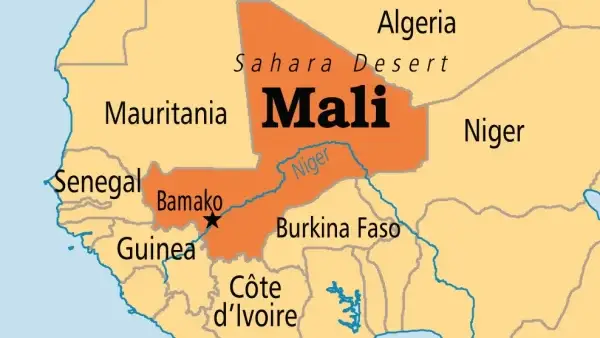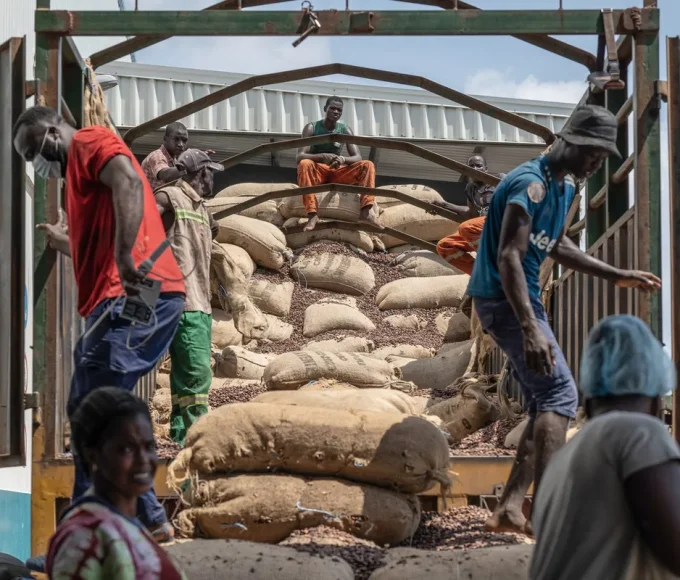
Mali Launches Development of Rice Plains in Timbuktu

The Malian government has approved the creation of the Project for the Development of the Rice Plains of Timbuktu. During its recent session, the Council of Ministers adopted draft texts outlining the project’s creation, organisation, operational framework, and staffing requirements.
This initiative is expected to play a vital role in improving the livelihoods of rural communities in the region. Agriculture remains a cornerstone of Mali’s economy, employing nearly 80% of the country’s workforce.
However, much of the sector is characterised by small-scale, family-run farms that rely on extensive and traditional farming methods. These practices are often low in productivity and highly susceptible to climate risks, leaving the nation struggling to meet its growing food demands.
Recognising the situation’s urgency, the Malian government has prioritised agricultural development as a key pillar of its national strategy.
The Project for the Development of the Rice Plains of Timbuktu is one of several large-scale initiatives to address the sector’s challenges. The project’s primary objective is to reduce poverty and improve living conditions for populations in the Timbuktu region. It will provide affordable access to well-developed rice and vegetable farming plots.
Quality agricultural inputs, such as seeds and fertilisers, will be made available to farmers at competitive prices, empowering them to increase their yields and incomes.
The government will partner with development stakeholders to fund and implement the project, which is set to run for an initial five-year period.
Read Also:
- Zambian Music Icon Dandy Krazy Dies At 47 After Tragic Car Crash
- Ghana’s President-Elect Mahama Invites Mali’s Goïta To Inauguration, Hints At Ghana-Mali Cooperation Amid ECOWAS-AES Rift
The draft texts adopted by the Council of Ministers also include provisions for hiring the personnel needed to ensure the project’s success and sustainability.
In addition to addressing immediate challenges, the project is expected to consolidate ongoing agricultural efforts and build on previous successes in land development.
source: Malijet
About The Author
Related Articles
US Security Narrative Shifts from Terrorism to Mining in Nigeria
A new bill introduced in the United States Congress is drawing attention...
ByWest Africa WeeklyFebruary 12, 2026Galatasaray Ready to Sell Osimhen if Barcelona Meet €80m Valuation
Victor Osimhen could be on the move again as Spanish giants Barcelona...
ByWest Africa WeeklyFebruary 12, 2026Senegal Unveils $100m Onshore Oil and Gas Plan After Revoking Idle Licenses
Senegal is moving ahead with a new $100 million onshore oil and...
ByWest Africa WeeklyFebruary 12, 2026Ghana’s Cocoa Crown Under Threat as Nigeria, Ecuador and Indonesia Close In
Ghana’s position in the global cocoa industry is facing mounting pressure as...
ByWest Africa WeeklyFebruary 12, 2026












Leave a comment